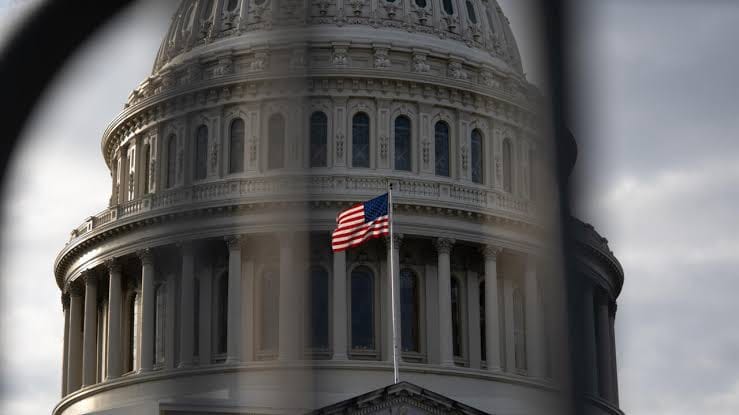Congress passes funding bill, averts shutdown

The Senate passed a crucial funding bill, averting a government shutdown and securing temporary funding for federal operations.
The bill, which includes disaster and agricultural aid, will keep the government running until March 14. It faced significant opposition but cleared both the House and Senate, with a decisive vote of 366-34 in the House and 85-11 in the Senate.
House Speaker Mike Johnson, determined to prevent a shutdown ahead of the Christmas holiday, declared, “We will meet our obligations.” However, the outcome appeared uncertain as President-elect Donald Trump insisted on including a debt ceiling increase in the deal, threatening a shutdown unless his demand was met. “If not, let the closures start now,” Trump posted early in the morning.
Despite Trump’s pressure, Johnson managed to pass the bill without including the debt ceiling provision, which had been a key demand from the incoming administration. Instead, the bill included $100 billion in disaster aid and $10 billion in agricultural assistance. Trump’s push to tie the debt ceiling debate to the bill was ultimately dropped, with Republican leaders agreeing to revisit it in the new year as part of broader tax and border reforms.
The measure represented Johnson’s third attempt to pass a funding bill, following previous setbacks. Critics questioned whether Johnson, who has faced mounting pressure from GOP colleagues and external influencers like Musk, could retain his position. “Who is in charge?” asked Rep. Rosa DeLauro (D-Conn.), expressing frustration at the influence of Musk, who has been actively involved in the process from the sidelines.
Senate Majority Leader Chuck Schumer reaffirmed the success, stating, “There will be no government shutdown.” While Democrats and Republicans alike expressed frustration with the process, it was ultimately a bipartisan effort that secured the necessary votes to keep the government functioning. House Democrats, in particular, felt their negotiations had been undermined by the last-minute changes.
Despite the tension surrounding the funding bill, the broader political landscape remains complicated. Trump, still outside the White House, wielded significant influence over the process, advocating for a five-year debt ceiling extension and an overhaul of the federal budget. His rhetoric suggested that government shutdowns were not a major concern for him. “If there is going to be a shutdown of government, let it begin now,” he posted, while also urging Congress to “get rid of, or extend out to, perhaps 2029, the ridiculous debt ceiling.”
As Congress scrambled to avoid a shutdown, the looming challenges of the new year—debt ceiling negotiations and the incoming Trump administration’s fiscal priorities—remain at the forefront. With the speaker’s role also in question, all eyes are now on how Johnson will navigate the political minefield in the months ahead.










